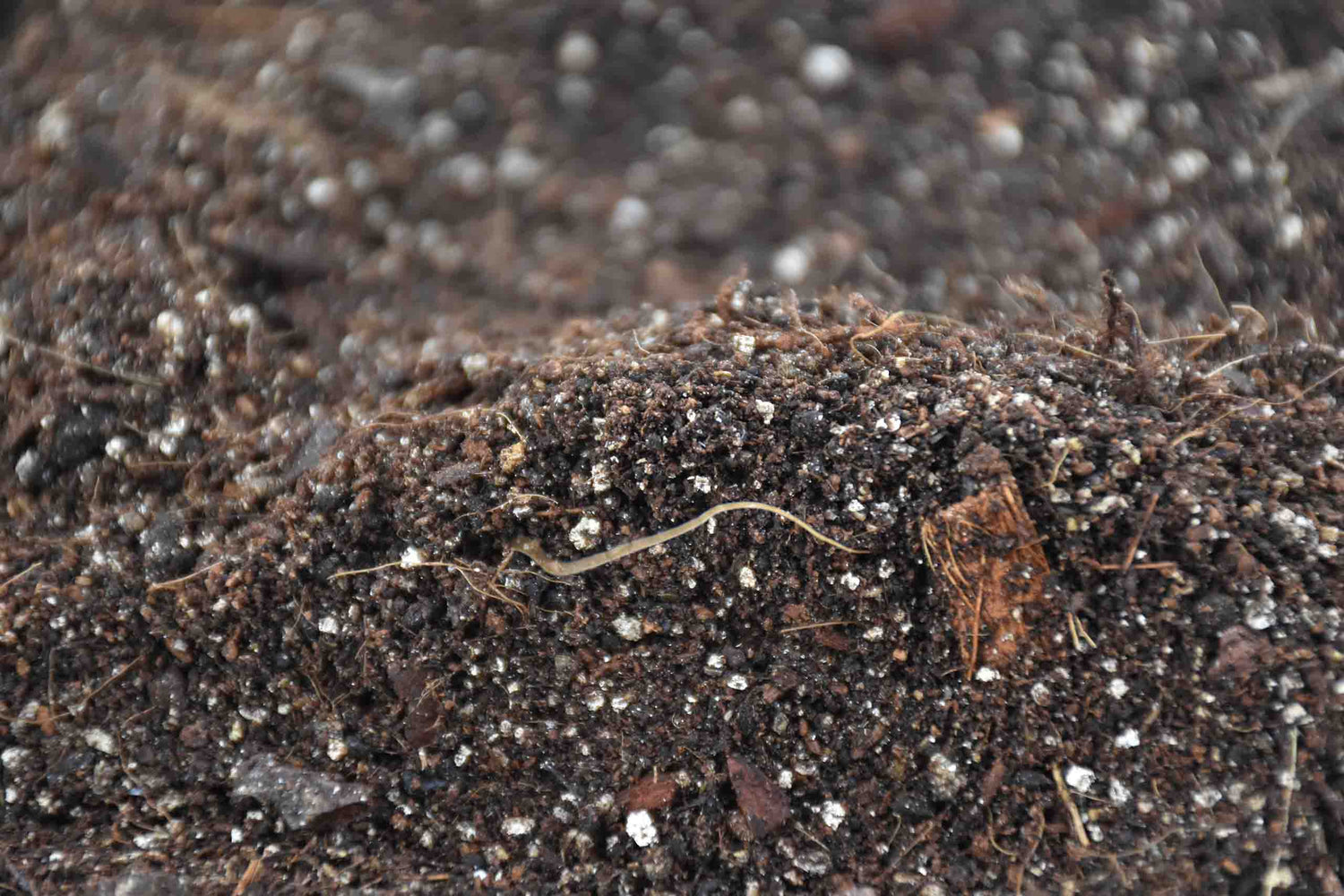Long-Term Nutrition, Zero Hassle: Slow Release Plant Food for Every Setup
If you want healthier plants without constant upkeep, our slow release plant food is your new secret weapon. Designed by Sybotanica under the SYBASupport line, this collection offers targeted nutrition for orchids, cacti, and tropical plants—all in an easy, “set & forget” format that feeds your plants for weeks or even months at a time. Simply apply once, and let the concentrated formula do the rest.
Slow release plant food delivers reliable, low-effort feeding that works in harmony with your plant’s rhythm. Whether you’re growing in living soil or a mineral substrate, our range includes both BIO and mineral-compatible options. Each version is eco-friendly plant food, free of harsh chemicals, and optimized for deep, sustained nutrition. It’s not just easier—it’s better for your plants, your time, and your peace of mind.
Why Slow Release Feeding Works Wonders
Set It and Forget It
Busy plant parent? Our slow plant food options are made for you. These nutrient-rich pellets and granules release slowly over time, giving your plants a consistent supply of what they need without requiring weekly applications. Just mix it into the soil or substrate and you’re done. Whether you’re off on holiday or managing a large plant collection, this is the ultimate low-maintenance solution that still delivers high-performance results.
Built for Both Soil and Substrate
The SYBASupport slow release plant food range includes two specialized formats:
-
BIO Slow Release: Perfect for soil-based plants. These organic pellets break down naturally to support soil health while feeding your plant.
-
Regular Slow Release: Ideal for mineral-based systems like our SYBAStones. These non-organic granules deliver consistent nutrients without disrupting the balance of your mineral mix.
This dual-approach means no matter how you grow—traditional potting mixes or semi-hydroponic systems—we’ve got a long-term solution tailored for your setup.
Supercharged for Specific Plant Families
For Orchids: Gentle Support Over Time
Orchids need subtle, sustained feeding to promote blooms and strong (aerial) roots. Our slow release options ensure they receive just enough nutrients at the right time, avoiding stress or overfeeding. Choose Orchid BIO Slow Release for bark-based media or Regular Slow Release for mineral blends and hydro mixes.
For Cacti: Nutrient-Smart, Not Overdone
Cacti prefer fewer nutrients but still need support—especially during active growth seasons. Our formulas are low in nitrogen and rich in potassium, delivering slow, targeted feeding without overwhelming the plant’s needs. Both Cacti BIO Slow Release and mineral options are available to match your preferred growing medium.
For Tropicals: Long-Term Fuel for Fast Growers
Tropical plants like Monstera, Philodendron, and Alocasia thrive with steady, balanced nutrition. Our Tropical BIO Slow Release blends keep them well-fed without risking burn or overfeeding. These super concentrated formulas are packed with full-spectrum nutrients to fuel vibrant leaves, strong roots, and lush growth—no matter which mix you're using.
Smarter Feeding Backed by Sybotanica
Concentrated, Clean, and Conscious
Each SYBASupport slow plant food formula is highly concentrated, meaning you get more feedings per application and less packaging waste overall. And because they’re made with Sybotanica’s eco-conscious standards, you won’t find harsh chemicals, artificial boosters, or unnecessary additives—just effective, eco-friendly plant food that gets the job done naturally.
Trusted by Everyday Plant Lovers Across Europe
At Sybotanica, we believe great plant care starts with smart tools—and our slow release range is one of our proudest innovations. Whether you're a collector with 50 plants or just trying to keep your orchid alive, these blends simplify your care routine without sacrificing results. Trusted by thousands and tested by real growers, SYBASupport gives you the nutrition your plants crave, in a way that works for your life.
Plant food | House plant fertiliser | Orchid plant food | Cactus plant food | Indoor plant food | Liquid plant fertilizer | Organic plant food | Monstera plant food | Palm plant food

